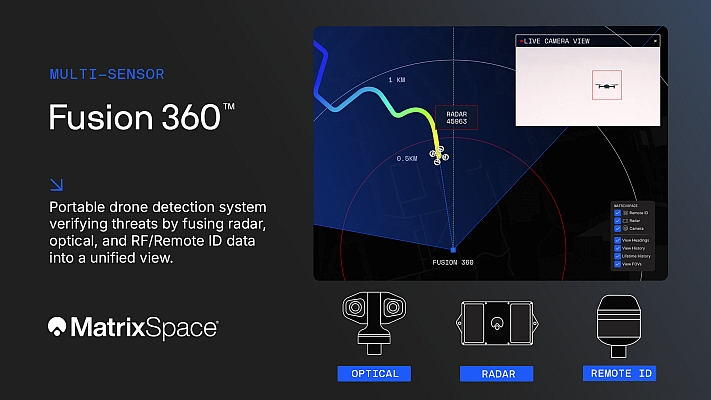The European Commission will on Thursday award Germany’s OHB Technology a contract for at least eight satellites for its Galileo satnav system, dealing a blow to rival EADS Astrium.
Such a decision would be a blow to European aerospace giant EADS which led its own Galileo bidding group including Thales Alenia Space.
The satellite network is meant to challenge the dominance of the US-built Global Positioning System which is widely used in navigation devices. The EU aims to have the network up in space by 2013.
The EU has struggled to secure financing for the project, originally put at 3.4 billion euros and has had to tap unused funds from the bloc’s massive agricultural budget.
The project has been divided into six sections and on Thursday Brussels will announce the winners of three contracts satellite construction, launchers and support systems.
Since the launch of the bidding process, EADS has taken over Surrey Satellite Technology so it will not be completely be left out in the cold.
Europe’s Arianespace hopes to secure the satellite launchers contract.
The Galileo Joint Undertaking, tasked with supervising the project’s technological development activities, was set up in 2003 but scrapped in 2006. While test satellites have been launched none of Galileo’s operational satellites have been put in space yet.
The project was the first close collaboration between the European Space Agency and the commission on such a large space programme. It was also the first industrial project to be managed at European level and the first time the commission was to participate in a public-private partnership scheme.






